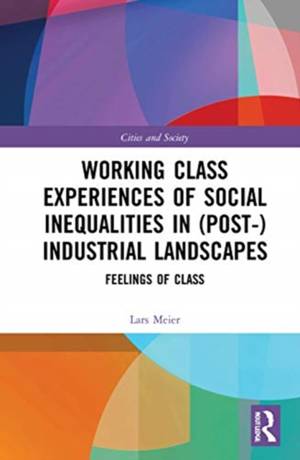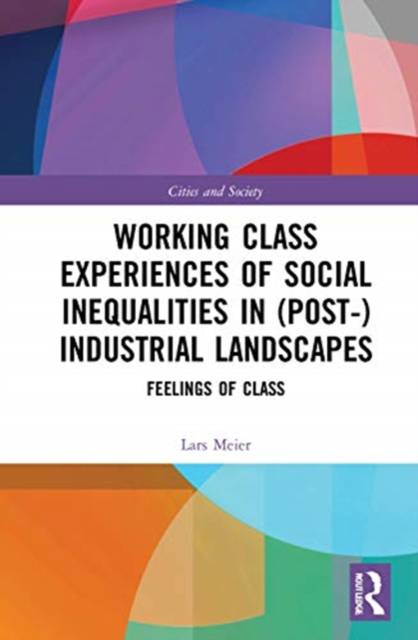
- Afhalen na 1 uur in een winkel met voorraad
- Gratis thuislevering in België vanaf € 30
- Ruim aanbod met 7 miljoen producten
- Afhalen na 1 uur in een winkel met voorraad
- Gratis thuislevering in België vanaf € 30
- Ruim aanbod met 7 miljoen producten
Working Class Experiences of Social Inequalities in (Post-) Industrial Landscapes
Feelings of Class
Lars MeierOmschrijving
Based on qualitative research among industrial workers in a region that has undergone deindustrialisation and transformation to a service-based economy, this book examines the loss of status among former manual labourers. Focus lies on their emotional experiences, nostalgic memories, hauntings from the past and attachments to their former places of work, to transformed neighbourhoods, as well as to public space. Against this background the book explores the continued importance of class as workers attempt to manage the declining recognition of their skills and a loss of power in an "established-outsider figuration". A study of the transformation of everyday life and social positions wrought by changes in the social structure, in urban landscapes and in the "structures of feeling", this examination of the dynamic of social identity will appeal to scholars of sociology, anthropology and geography with interests in post-industrial societies, social inequality, class and social identity.
Specificaties
Betrokkenen
- Auteur(s):
- Uitgeverij:
Inhoud
- Aantal bladzijden:
- 166
- Taal:
- Engels
- Reeks:
Eigenschappen
- Productcode (EAN):
- 9781138312173
- Verschijningsdatum:
- 18/05/2021
- Uitvoering:
- Hardcover
- Formaat:
- Genaaid
- Afmetingen:
- 156 mm x 234 mm
- Gewicht:
- 426 g

Alleen bij Standaard Boekhandel
Beoordelingen
We publiceren alleen reviews die voldoen aan de voorwaarden voor reviews. Bekijk onze voorwaarden voor reviews.









